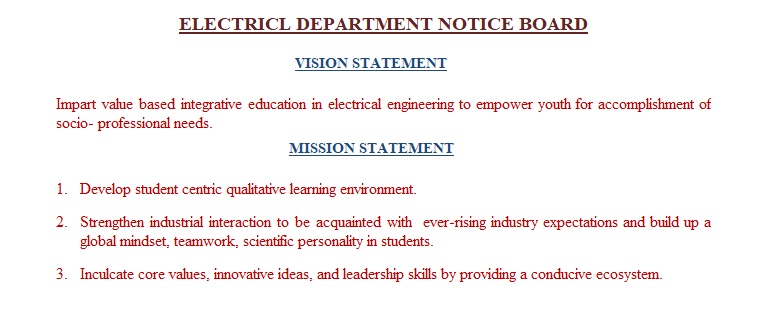CHAPTER 1.
Concepts and theories of Business Ethics:
Definitions of Ethics, Personal ethics and Business ethics, Morality and law, How are moral standards formed? Religion and Morality, Morality, Etiquette and Professional codes, Indian Ethical Traditions.Principles of personal Ethics, Principles of Professional ethics, Evolution of Ethics Over the years, Honesty, Integrity and Transparency are the touchstones of Business Ethics, Distinction Between Values and Ethics, Roots of unethical Behaviour, Ethical Decision – Making
What is an Ethical Dilemma, Sources of Ethical Behaviour, Code of Personal Ethics for Employees, How to Resolve an Ethical Problem, How to Resolve Ethical Dilemmas.
Ethical Models that Guide Decision making, Which Approach to use, Ethical Decision Marking with Cross – holder conflicts and competition, Applying Moral Philosophy to Ethical Decision Making, Kohlberg’s Model of Cognitive Moral Development, Influences on Ethical Decision Making, Personal values and Ethical Decision Marking

